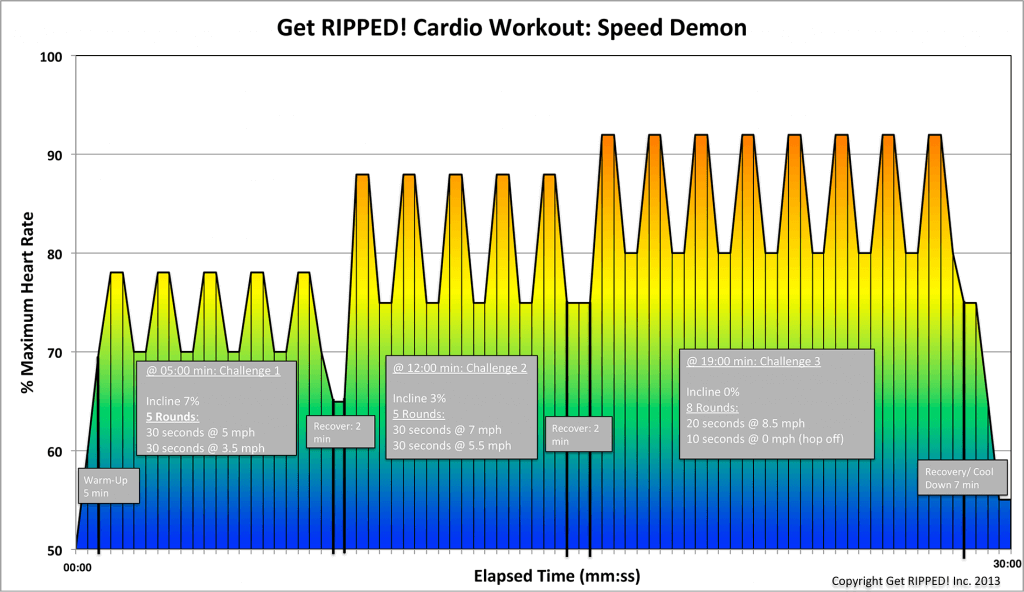Blog
Workouts That Burn 1000 Calories
 Is that even possible to have workouts that burn 1000 calories? It actually is, but not for every person. Your weight, build and the intensity of the workout determine the amount of calories you burn. The way the amount of calories burned is calculated is also important. Does the calculation include afterburn calories? That’s the amount of additional calories burned for recovery up to 72 hours after the workout. The amount of time and how many calories are burned depends on your body.
Is that even possible to have workouts that burn 1000 calories? It actually is, but not for every person. Your weight, build and the intensity of the workout determine the amount of calories you burn. The way the amount of calories burned is calculated is also important. Does the calculation include afterburn calories? That’s the amount of additional calories burned for recovery up to 72 hours after the workout. The amount of time and how many calories are burned depends on your body.
Your weight plays a role in the amount of calories you burn.
If you weigh 220 pounds, you’re going to burn more calories when you move your body, compared to a person who weighs 120 pounds. It’s like you’re carrying an extra 100 pound weight every time you move. You don’t have to be overweight for that to happen, either. For instance, on the average, a 125 pound man will burn 652 calories per hour running, compared to 965 calories burned by a 185 pound man.
The intensity of the workout plays a major role.
If you’re barely jogging along or doing a steady state workout that doesn’t push you hard, you won’t burn as many calories. The harder you workout, the longer it takes for recovery. During recovery, extra calories are burned to get the body back to normal state. The EPOC—excess post-exercise oxygen consumption—effect causes the increase. It’s the amount of oxygen the body consumes after a tough workout, compared to before the workout. The more oxygen necessary, the more calories burned. It can last up to 72 hours, so those calories also need to be included.
Your body composition and gender play an important role.
Pound for pound, men burn more calories than women when they do the same exercises. It’s all about body composition. Men have more muscle mass naturally. Muscle mass requires more calories. They also build muscle tissue faster. If a man and a woman did exactly the same strength training for a year, the man would gain six to nine more pounds of muscle because of hormones. Less muscle mass means burning fewer calories.
- The older you are, the fewer calories you’ll burn. There are several reasons for this. One is that older people tend to have less muscle mass. For men, hormone levels are lower, so is the ability of building muscle mass.
- The type of workout you use determines calories burned. Varying the intensity can make a difference and burn more calories. Compound exercises move more muscles and joints. They also burn more calories.
- Your genetics can work for you or against you when it comes to burning calories. Some people have a slower metabolism genetically. It doesn’t mean it can’t be boosted with a little effort.
- Remember, it’s not all about one workout, but consistency. It also is important to remember that you have to eat healthy, too. You can’t out-exercise a bad diet. A great body starts in the kitchen.
For more information, contact us today at Get RIPPED!


